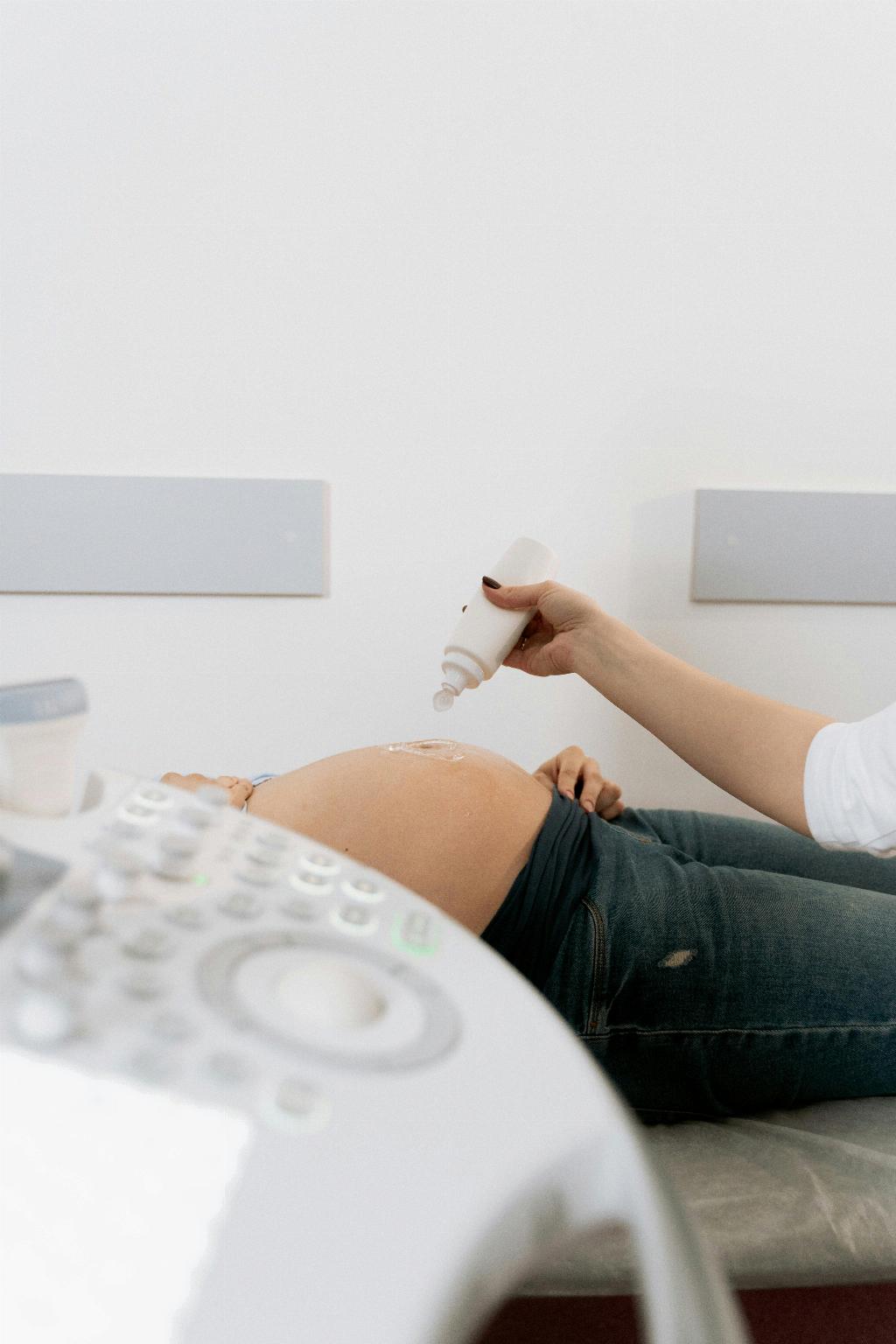When you’re expecting a baby, your body goes through a multitude of changes. Wild fluctuations in hormone levels are par for the course. But did you know that these hormonal shifts can also impact your dental health? It’s not uncommon for pregnant individuals to experience toothaches as a part of their pregnancy symptoms.
One common dental issue that can arise during pregnancy is plaque buildup. The body’s natural response to combating plaque can be altered due to hormonal changes that occur during this time. It’s crucial to stay on top of your oral hygiene routine to prevent excessive plaque accumulation, which can contribute to toothaches.
As hormones fluctuate, pregnant individuals may also be more prone to developing gum disease. The increased levels of progesterone can make gums more sensitive to irritants such as plaque bacteria, leading to inflammation and potential discomfort. If left unchecked, gum disease could exacerbate toothaches.
Moreover, the hormonal changes can affect how your body responds to existing dental issues. If you have cavities or gum problems before pregnancy, they might worsen during this time. This escalation of pre-existing conditions can manifest as toothaches, underscoring the importance of regular dental check-ups before and during pregnancy.
Another factor to consider is nausea and vomiting, which are prevalent early pregnancy symptoms. The stomach acid from these episodes can erode tooth enamel, making teeth more susceptible to sensitivity and pain. It’s crucial to rinse your mouth with water or a fluoride mouthwash after vomiting to protect your dental health.
Additionally, pregnant individuals may experience cravings for sugary or acidic foods, which can be harmful to teeth. Increased consumption of such items can contribute to tooth decay and discomfort. Opt for balanced, tooth-friendly snacks to mitigate the risk of developing toothaches during pregnancy.
Stress is another common companion during pregnancy. Heightened stress levels can lead to teeth grinding or clenching, especially at night. This habit, known as bruxism, can result in tooth pain and jaw discomfort. Using a mouthguard while sleeping can help alleviate the pressure on your teeth.
Furthermore, changes in diet and oral care routines during pregnancy can impact overall oral health. Ensuring you maintain a balanced diet rich in essential nutrients can help support strong teeth and gums. Regular brushing and flossing, along with dental visits, are crucial steps in safeguarding against toothaches.
If you do experience a toothache during pregnancy, it’s essential to consult your dentist promptly. They can assess the underlying causes of the pain and recommend suitable treatment options that are safe for both you and your baby. Delaying dental care can potentially lead to complications, so addressing any discomfort early is paramount.
In conclusion, toothaches can indeed be a part of pregnancy symptoms due to the multitude of changes your body undergoes during this time. Maintaining good oral hygiene practices, being mindful of your diet, managing stress levels, and seeking timely dental care are essential steps in ensuring your dental health remains optimal throughout pregnancy.

